What is Homestay?
The homestay refers to the use of spare rooms in self-use housing, or idle houses, combined with local human, natural landscape, ecology, environmental resources and agricultural, forestry, fisheries and animal husbandry production activities, to operate in the form of family sideline, providing tourists with rural wildlife and accommodation.
This definition fully explains the characteristics of homestay which is different from traditional hotels or restaurants. It may not have luxury facilities, but it enables people to experience local customs, the enthusiasm and service of the host, and experience different life from the past.
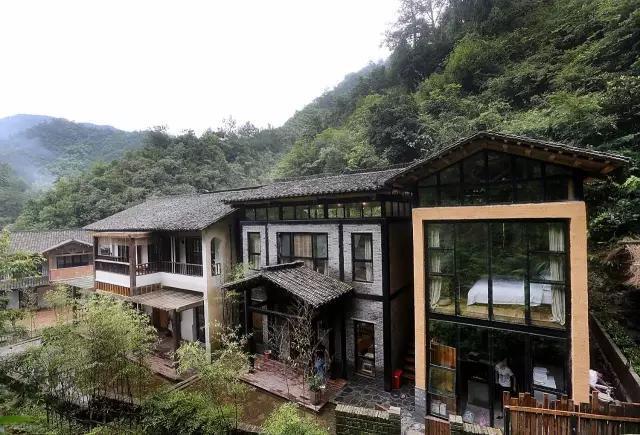
1.Classification of Homestay
(1). By the location: urban and rural homestay
Urban homestay: developed from small villages, mostly in the form of apartment buildings, featuring modern style buildings.
Rural homestay: With rural culture as its connotation, it relies on scenic spots or resources with regional characteristics to develop, with strong local flavor.
(2). By the function: pure accommodation type and characteristic service type
Pure accommodation type: generally close to scenic areas, relying on the popularity of surrounding scenic areas to develop, with clean and refreshing, low price and other characteristics.
Characteristic service type: It is also a tourist attraction. Usually, it combines with the surrounding resources to create special themes such as hot spring health preservation and rural sports, providing a variety of services such as agricultural experience and eco-tourism.
(3). By property rights: traditional and social homestay
Traditional homestay: use the spare room of self-use residence to operate in the form of family sideline.
Social homestay: foreign investors rent houses and operate them in the form of home ownership.
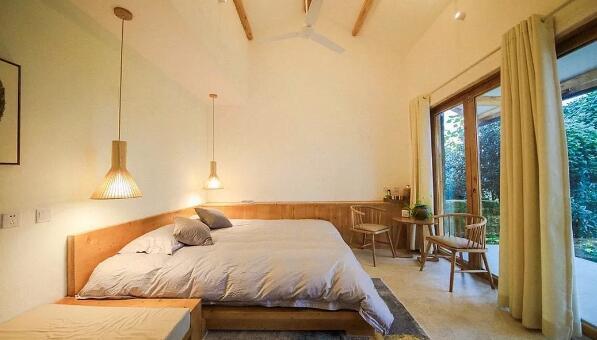
2. The Differences between Homestay, Hotel and Boutique Hotel
From the perspective of customer experience, we can distinguish the differences of them. The biggest characteristics of homestay are regional characteristics, cultural atmosphere and host feelings. Firstly, the boutique hotel does not have the feeling of owners, nor does it attach importance to the local regional culture and the combination with the surrounding environment, more refers to personalized visual performance; hotel is a kind of non-standard accommodation system with relatively small scale and low price, but it is currently limited to a style and feeling, and consumers prefer couples, the overall age group is about 5-10 years younger than boutique hotel and homestay.
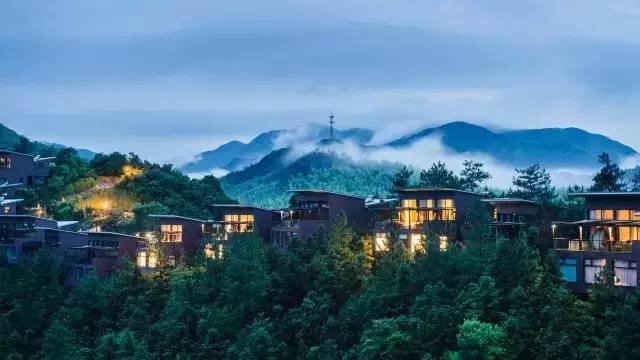
3. What is the real homestay?
The interior decoration of a real homestay should be full of local decorative elements, so long as visitors have entered the homestay, they can feel the rich customs of the local places.
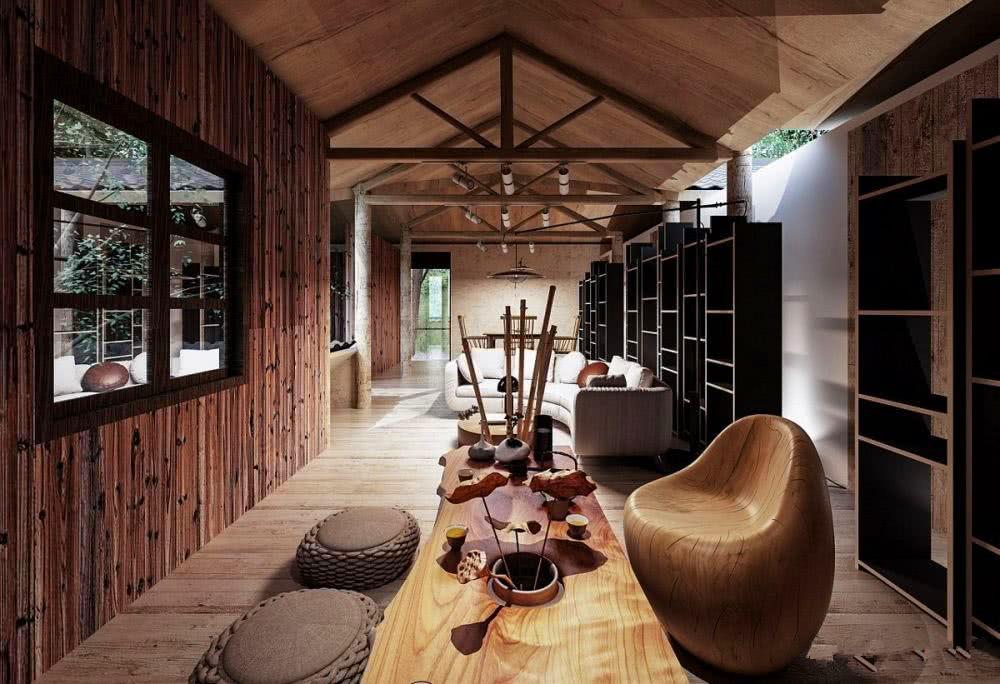
The foods in the homestays should be local specialty cuisine, including the main dishes that can be served at the banquet and the local specialty snacks. Of course, the cooking skills of the chefs are naturally demanding.
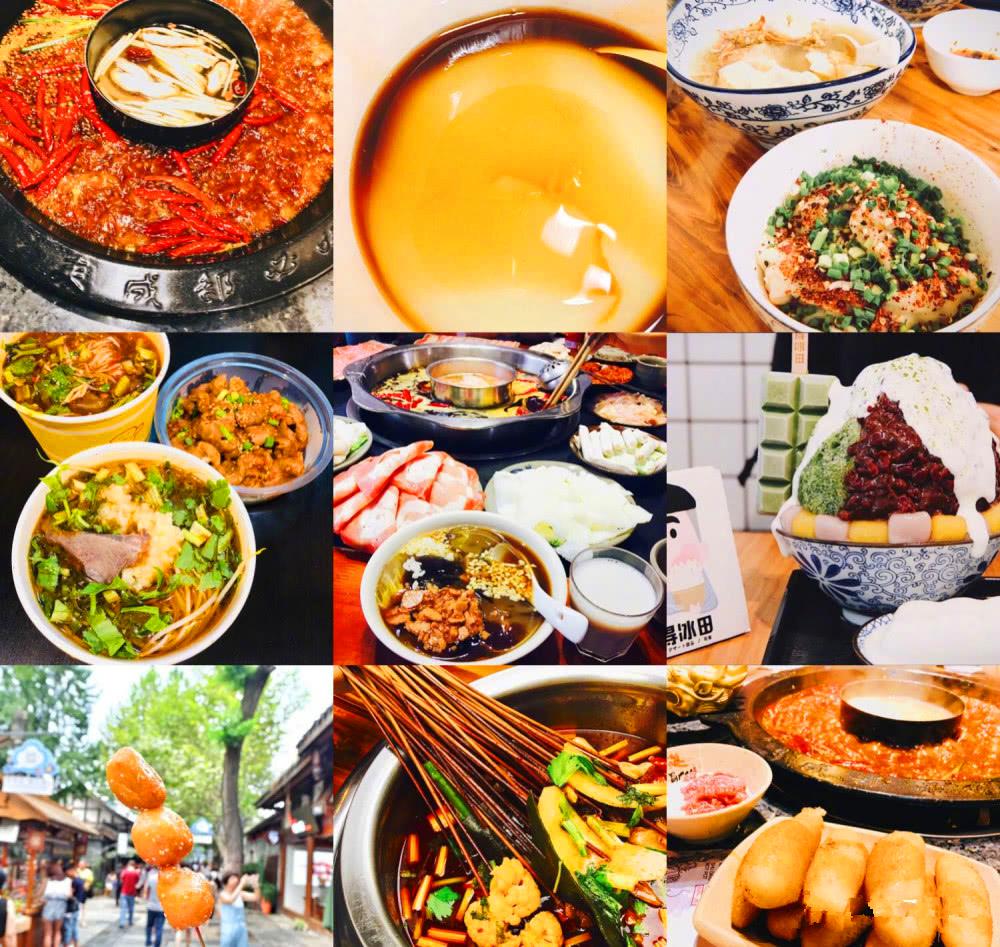
The pleasure of homestays is loved by local people. It can be a famous local scenic spot or a little-known local scenic spot; can also be the process experience of local craftsmen's handicraft; can also be the local people's work and hunting activities of harvesting crops and fishing for shrimp.
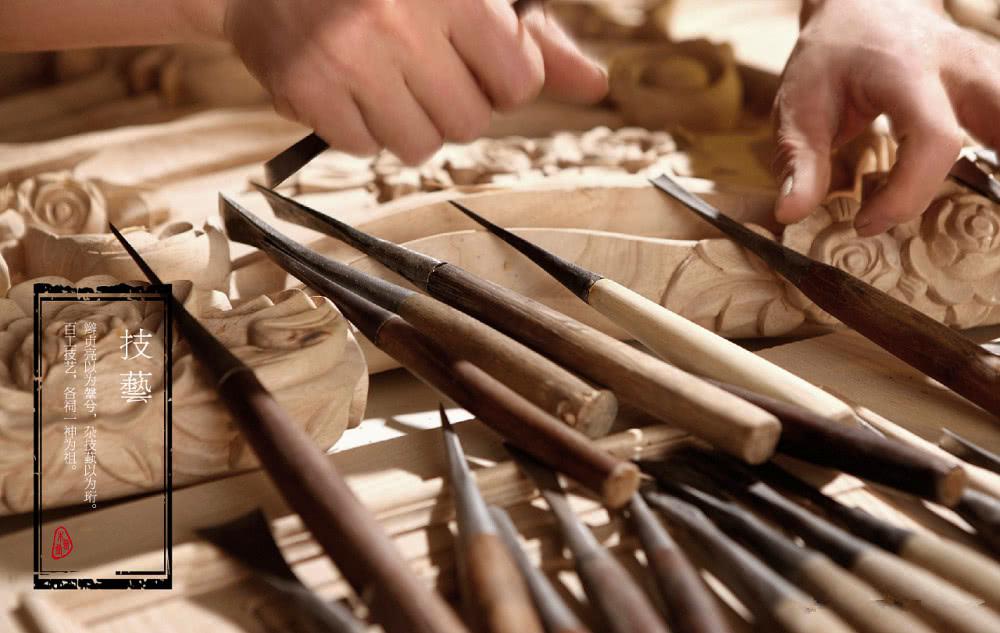
Secondly, people, who have professional experience in the homestays, will give the visitors the deep experience of local folk customs or ethnic activities, which are indispensable activities in the homestays.
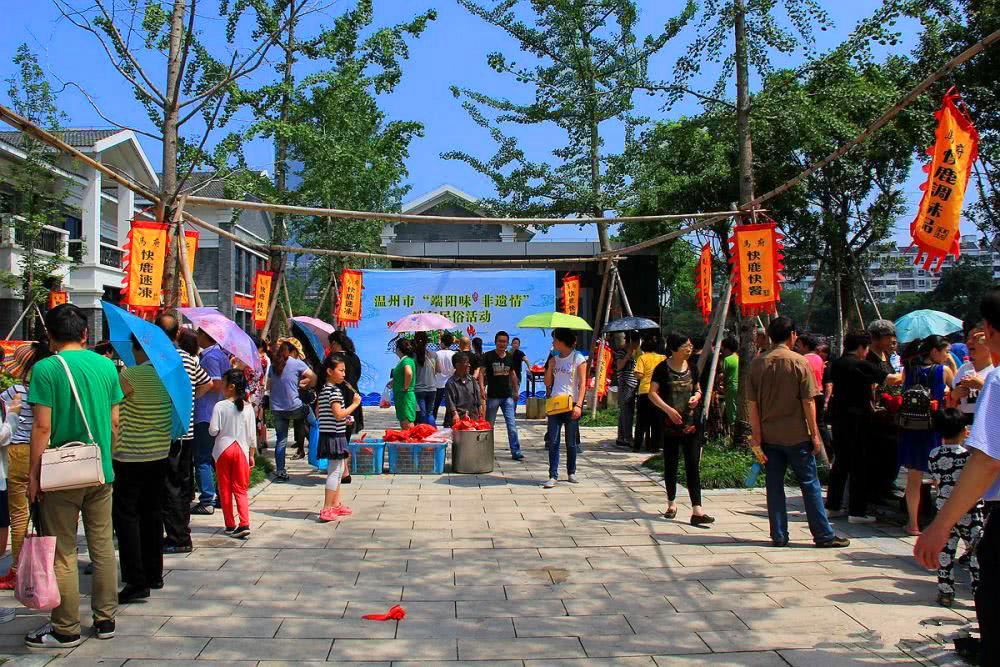
All in all, the real homestay is to be able to experience local cuisine, local cultural elements, local handicraft, local production and life, and local folk activities in a house.
4.who are living in the homestays?
According to the summary and analysis of the data, in mid-2014, the market scale of online hotel and homestay booking was about 130 million yuan, an increase of more than 50 percent annually compared with the same period last year, which has tripled. It was expected that the total scale of China's online and offline booking in the homestay industry will be about 36 billion yuan by 2020. In recent years, China's homestay is in an explosive growth period, not only conforms to the consumption demand, but also conforms to the situation of national economic reform.
The tourist source structure of homestay:

Statistical Table of the Homestay Tourist Source Structure in China
From the narrow sense of the source characteristics of homestay (excluding hotels), the majority of people living in homestays are the married middle-class people aged 30 to 40, who have strong consumption ability, high level of knowledge, strong pursuit of personalized and customized accommodation services. This part of the population continues to grow in terms of population base, both in terms of quantity and quality of population demand.
5.Why do travelers choose homestays?
When traveling to choose homestays, travelers have five consumption needs and motives, namely, the pursuit of characteristic experience, humanistic environment, service reputation, natural environment and cost performance.
From this we can see that travelers should not only appreciate the natural environment, but also attach great importance to the public's service reputation, distinctive items, humanistic care and so on when choosing their homestays. On the contrary, they are not sensitive to the absolute price.
As a "new favorite" of tourism market, homestay has brought enormous economic and social benefits to the local area. Especially in the development of scenic spots driven by homestay clusters, homestay has gradually become the core attraction of scenic spots, such as Moganshan Homestay, Furukawa in Japan, Bukchon Hanok Village in Korea, etc. Homestay has become a powerful weapon for the government and developers to develop tourist areas, and the era of small homestay leveraging big tourism has come.




